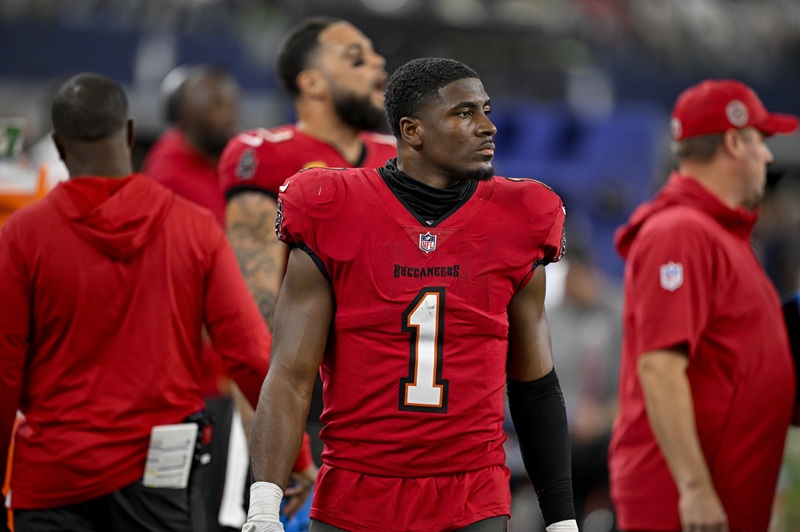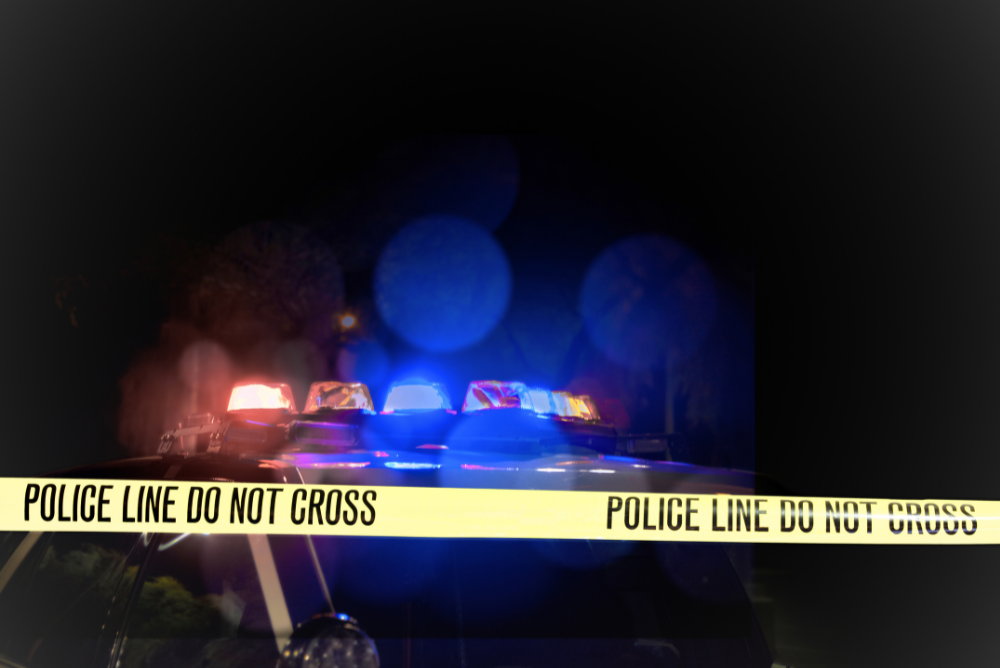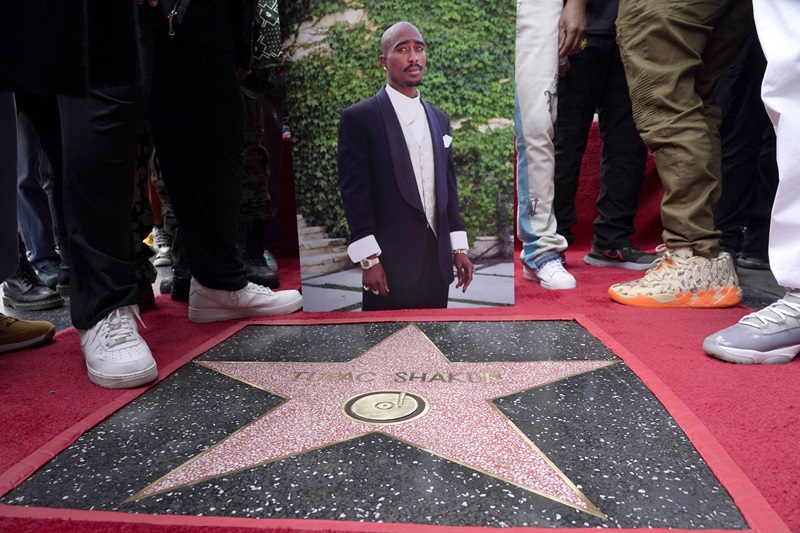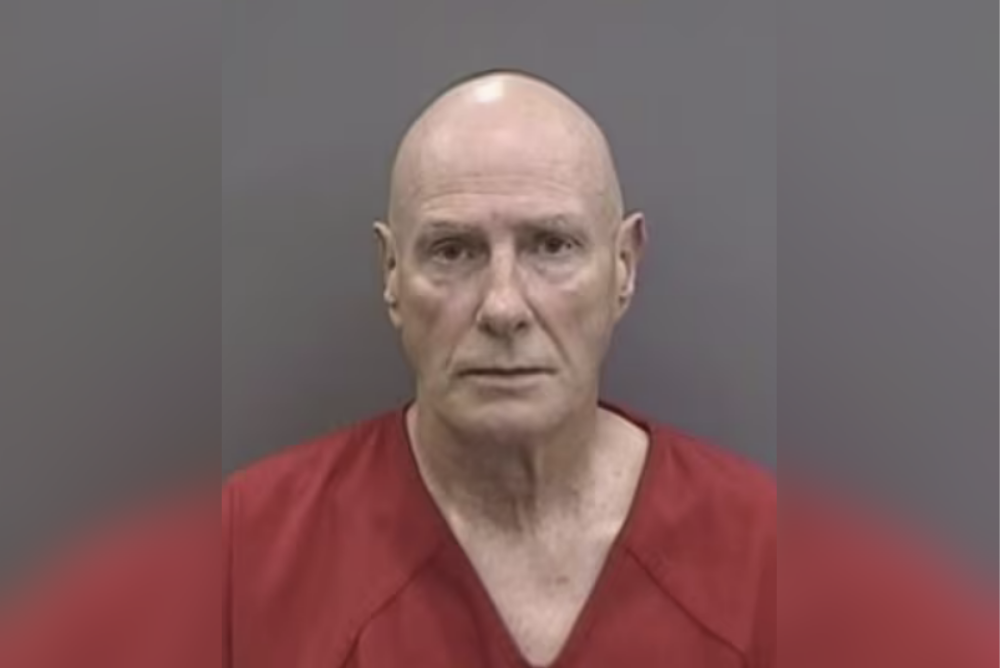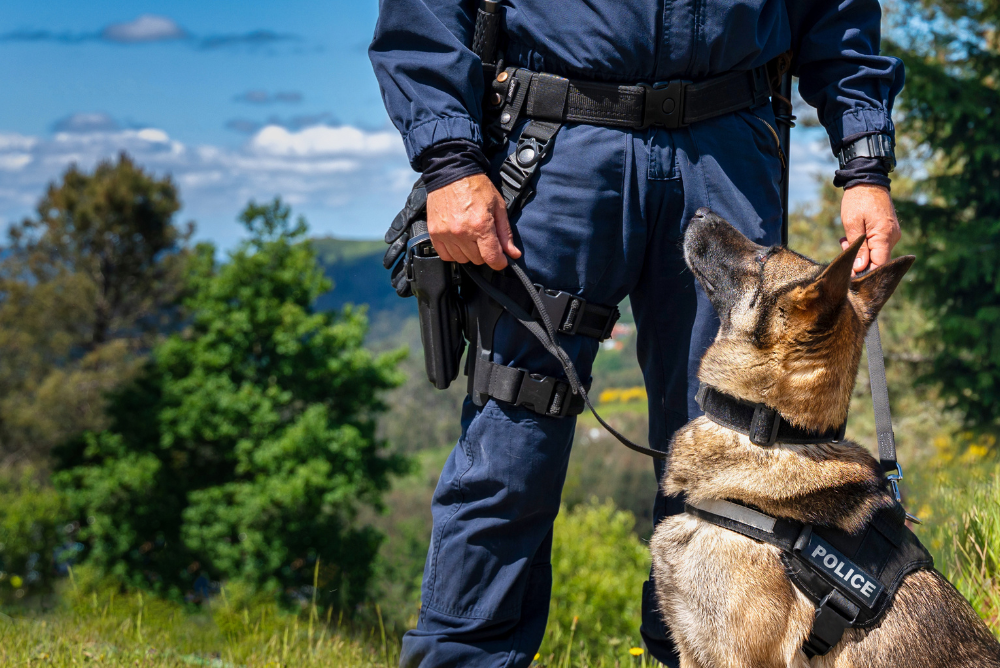A man was arrested at the Tampa airport with what authorities believed to be 25 bags of illegal marijuana. He was charged and convicted of drug trafficking. Now, a judge ordered the man’s conviction to be overturned.
What led the judge to reconsider the charge and the conviction, and what does it mean for other drug possession cases?
Airport Arrest Finds 25 Bags of “Green, Leafy” Substance
In 2022, Pryce Campbell landed at the Tampa International Airport on a flight from Denver, Colorado. He had checked at least two bags. As the bags went through security screening, a drug-sniffing dog signaled at one of the bags. The alert meant drugs could be inside the luggage, so authorities pulled the bags and searched them.
Two of Campbell’s duffle bags were filled with 25 vacuum-sealed packages of a “green, leafy” substance, per the Tampa Bay Times.
Law enforcement took a 24.47-gram sample from one of the bags and tested it. The testing reported that illegal cannabis was part of the sample.
When questioned, Campbell said the substance was not illegal marijuana but a legal hemp product. He said he purchased each bag for $50 from an Oregon man while in Colorado. His statement didn’t stop authorities from arresting and charging him with drug trafficking.
Related: If You’re Arrested for a Crime, Immediately Take These 6 Steps
A Drug Trafficking Charge & an Appeal
In Florida, drug trafficking charges apply when an individual has between 25 and 2,000 pounds of marijuana. The minimum mandatory sentence is three years in prison and a fine of $25,000.
Campbell was found guilty and sentenced to three years in prison, but his legal team appealed the conviction. Campbell’s legal team argued that authorities didn’t properly test and identify the substance in Campbell’s possession, and, therefore, wrongly convicted him of marijuana possession in excess of 25 pounds.
During the appeals process, a detective testified that the K-9 who signaled at Campbell’s bag, “Could not identify whether the duffle bags contained cannabis, rather it could only alert to odors of illicit substances in general.”
The appeals court agreed with Campbell’s legal team, and Cambell’s conviction was overturned. The judge ordered his sentence to be reduced to a drug possession charge and for him to be resentenced.
Related: Facing Florida Drug Possession Charges: 6 Things You Need to Know
Problems with Identifying Legal and Illegal Drugs
This case is just one example of how law enforcement is struggling to deal with the challenge of identifying substances that are legal and illegal. As the legality of drug substances now ranges, such as the introduction of legal medicinal marijuana, authorities are needing to find new ways to find and identify illegal drugs.
In Campbell’s appeal ruling, Chief Judge Daniel Sleet, who was joined by Judges Patricia Kelly and Craig Villanti, said, “The state can no longer rely solely on appearance and odor to extend an inference of illegal cannabis.” The judge said Campell could not be charged on the evidence that the entire substance was illegal marijuana since only a portion of it was tested.
Another drug possession conviction was recently challenged in the 5th District Court of Appeal in Lake County, Florida. Stephon Ford was arrested and charged with drug possession after he was pulled over and a drug-sniffing dog signaled at his car. Ford’s legal team challenged his conviction, arguing that the dog who identified the drugs could not tell the difference between legal and illegal marijuana. The court agreed.
While Ford’s conviction was not overturned, the judge agreed that dogs cannot tell the difference between legal and illegal marijuana, therefore, their signal should not be able to trigger a car search. The ruling is another example highlighting the complexities as to whether officers are legally allowed to search vehicles and if the evidence they find can be used in court.
Related: Signal by Drug-Sniffing Dogs May Not Be Enough to Warrant Car Search in Parts of Florida
Take to an Experienced Drug Possession Attorney
Laws and legal standards are constantly changing. If you have been charged with a crime or illegal drug possession, make sure you talk to a criminal defense attorney who is familiar with new and changing laws.
Get the best defense possible by working with a drug possession attorney who understands how changing regulations and rules can impact your case. Get help now. Schedule a free consultation with attorney TJ Grimaldi to see how he can lead you through a criminal charge. Request your free consultation or call 813-226-1023.


